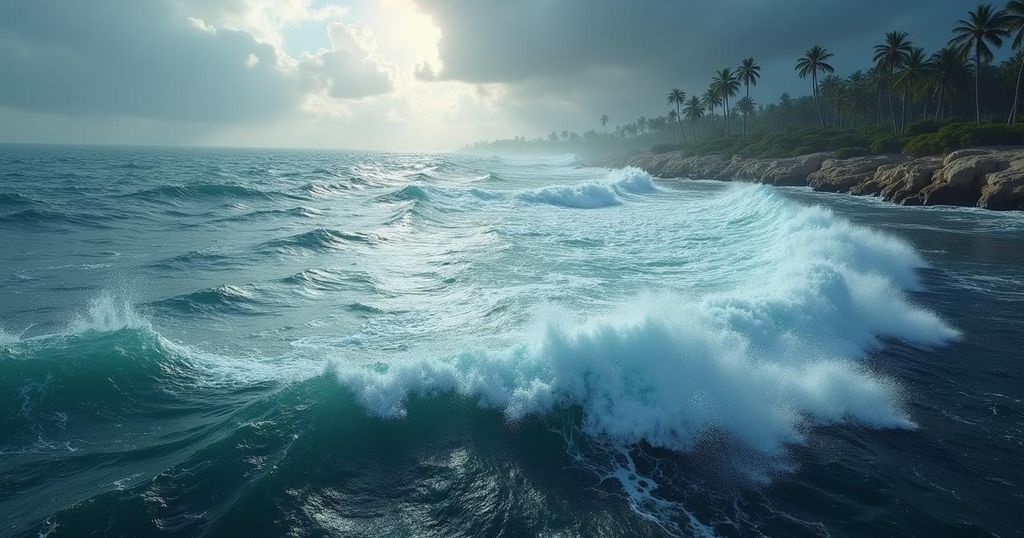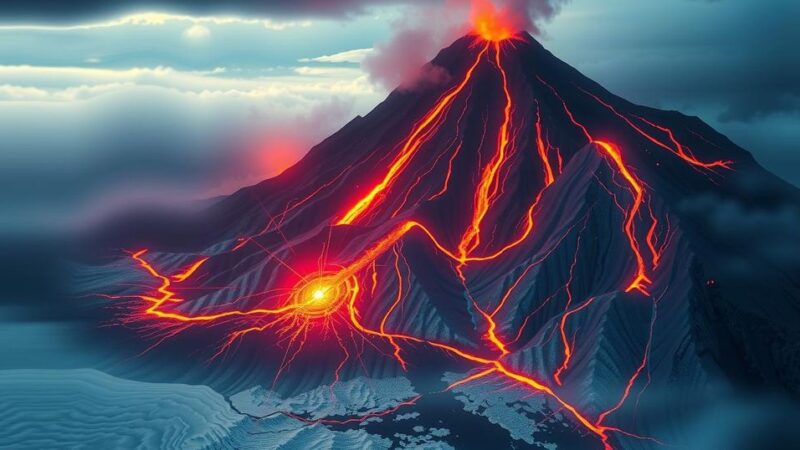The article explains how climate change is intensifying hurricanes, linking increased sea surface temperatures and atmospheric water vapor to more frequent and severe cyclones. It highlights past hurricane events and the evolving scientific understanding of their relationship with global warming. Enhanced resilience and preparedness are crucial for communities vulnerable to these powerful storms.
Hurricanes are natural occurrences in the Atlantic basin, particularly during the peak season from June 1 to November 30. However, a critical examination reveals that hurricanes, such as Debby, Helene, and Milton, may be exhibiting heightened intensity due to the impacts of climate change. In 2004, I faced similar queries when Florida was struck by four hurricanes. My extensive work on climate change allowed me to connect the rise in sea surface temperatures, associated with global warming, to the increased water vapor in the atmosphere. The principle is straightforward: for every degree Celsius increase in temperature, the atmosphere retains approximately seven percent more water vapor. This heightened water vapor condenses to release latent heat through precipitation, thus fueling storms. Official evaluations in 2004 by the National Oceanic and Atmospheric Administration attributed increased hurricane activity merely to natural variability. Despite this, during a Harvard University press conference, I cautiously suggested that climate change was indeed contributing to the intensity of hurricanes. This assertion faced significant backlash from some meteorologists; however, subsequent events and research led many to reconsider their stance. Notably, the devastation wrought by Hurricane Katrina in 2005 underscored the validity of my arguments. My subsequent analyses related to the 2017 hurricanes Harvey, Irma, and Maria further highlighted the connection between climate change and the intensity of tropical cyclones. The rainfall from Hurricane Harvey matched the moisture available due to elevated ocean temperatures—evidence that human-induced climate change is altering cyclonic activity. Warmer oceans are a direct consequence of climate change, creating conditions that lead to more severe, longer-lasting, and rain-intensive hurricanes. Statistically, an expectation with global warming includes an increase in the frequency, intensity, and size of such storms. Eyewall replacements—where a new eyewall develops further from the center—are common in storms like Irma and can lead to prolonged storm life as they recover strength over warmer waters. Although hurricanes are a natural aspect of certain regions, the influence of anthropogenic climate change is intensifying them, raising the stakes for communities prone to such weather phenomena. Strategies for disaster resilience, such as improved building codes and enhanced flood controls, are vital; however, they alone may not suffice, particularly in high-risk areas such as Texas, Florida, and Puerto Rico, that have previously suffered from severe hurricanes.
The article discusses the relationship between climate change and the intensity of hurricanes, with a historical perspective on past storms and research findings that link global warming to the behavior of tropical cyclones. It emphasizes the significant role that increased sea temperatures play in enhancing hurricane activity and their destructive potential. The author reflects on past experiences and interactions within the meteorological community regarding the predictive factors of hurricanes in the context of climate change.
In conclusion, it is evident that climate change plays a significant role in altering the characteristics of hurricanes, making them more severe and longer-lasting. The data supports a broader expectation of increased storm activity as global warming continues to influence ocean temperatures. It is imperative for affected regions to enhance their resilience and preparedness strategies to mitigate the impact of these supercharged storms.
Original Source: newsroom.co.nz







